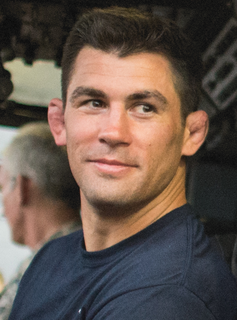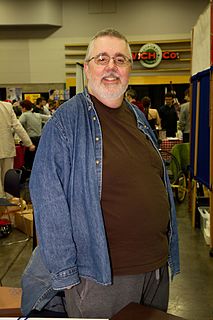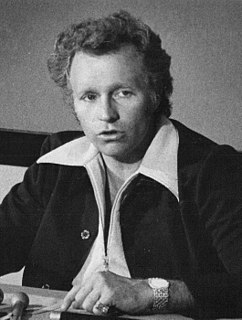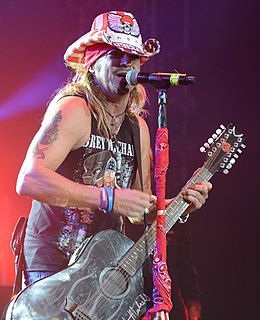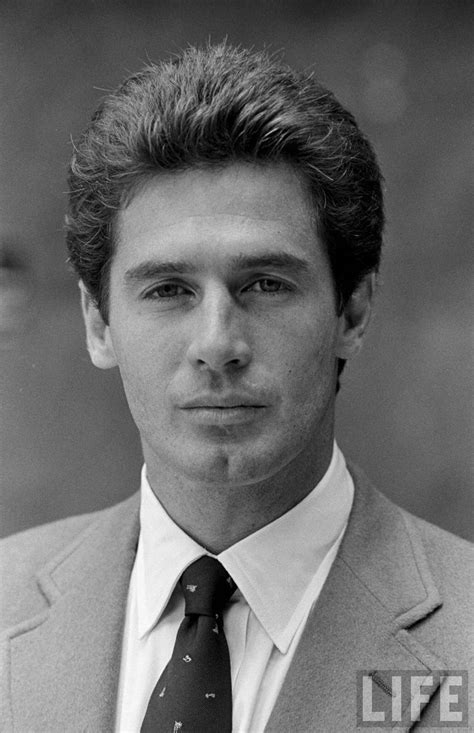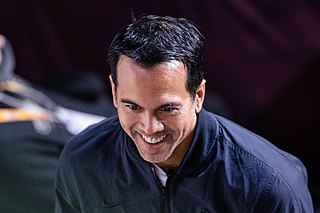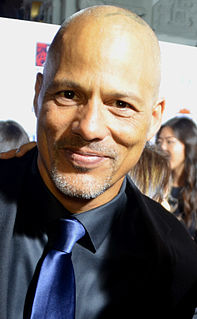A Quote by Noah Hathaway
With Harley, you build it, then you've got to take it apart.
Related Quotes
It strikes me that the only reason to take apart a pocket watch, or a car engine, aside from the simple delight of disassembly, is to find out how it works. To understand it, so you can put it back together again better than before, or build a new one that goes beyond what the old one could do. We've been taking apart the superhero for ten years or more; it's time to put it back together and wind it up, time to take it out on the road and floor it, see what it'll do.
Motorcycle manufacturer Harley-Davidson is a prime example of an American company that uses employment conditions to boost productivity. Current CEO James Ziemer - who started with the company while in high school has negotiated imaginative contracts with the unions representing Harley's workers, agreeing to keep production in the U.S. in exchange for constantly reducing total labor costs through automating tasks and changing work rules. Because Harley regularly reassigns workers whose tasks have been automated to other parts of the company.
One of the problems of taking things apart and seeing how they work - supposing you're trying to find out how a cat works--you take that cat apart to see how it works, what you've got in your hands is a non-working cat. The cat wasn't a sort of clunky mechanism that was susceptible to our available tools of analysis.

